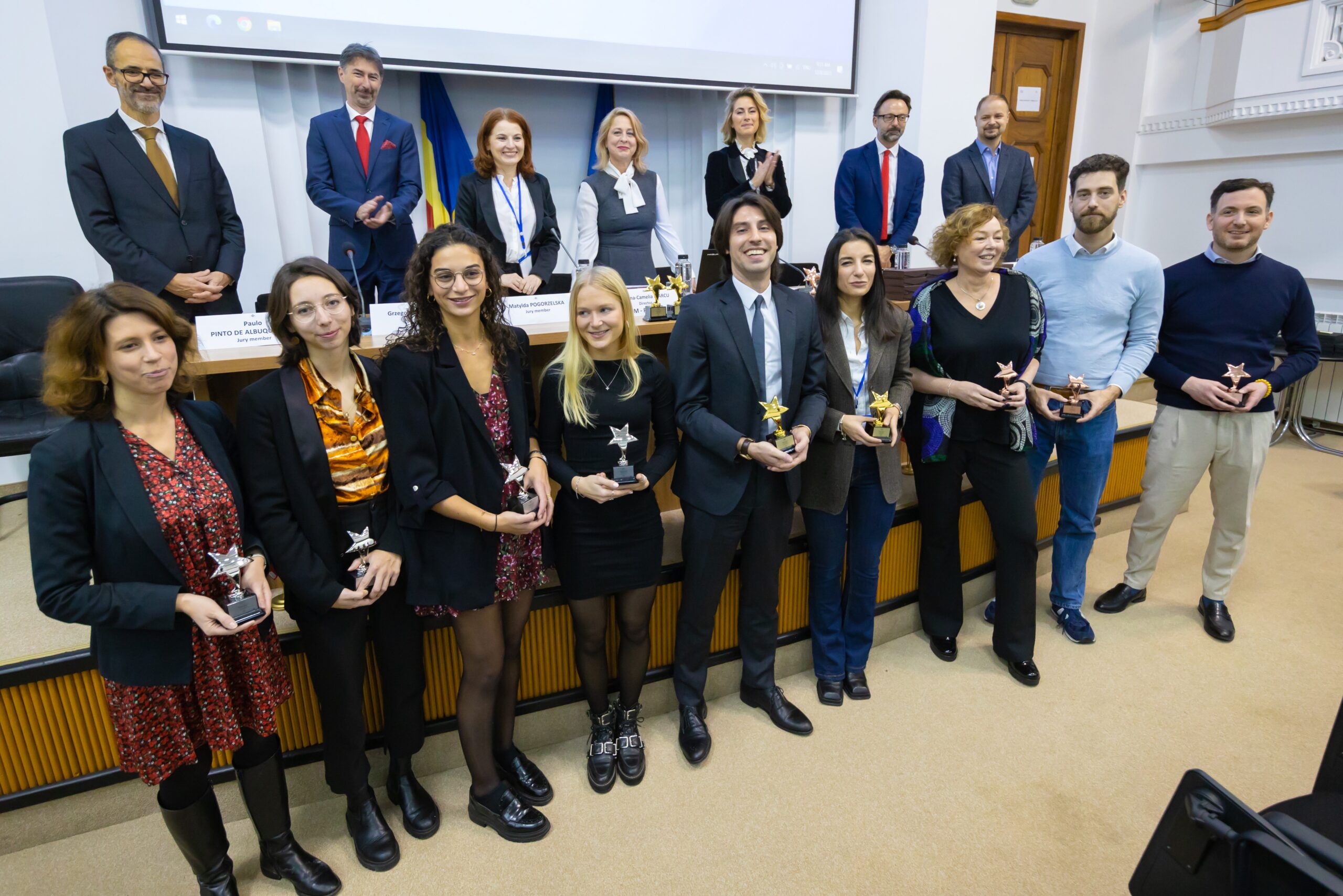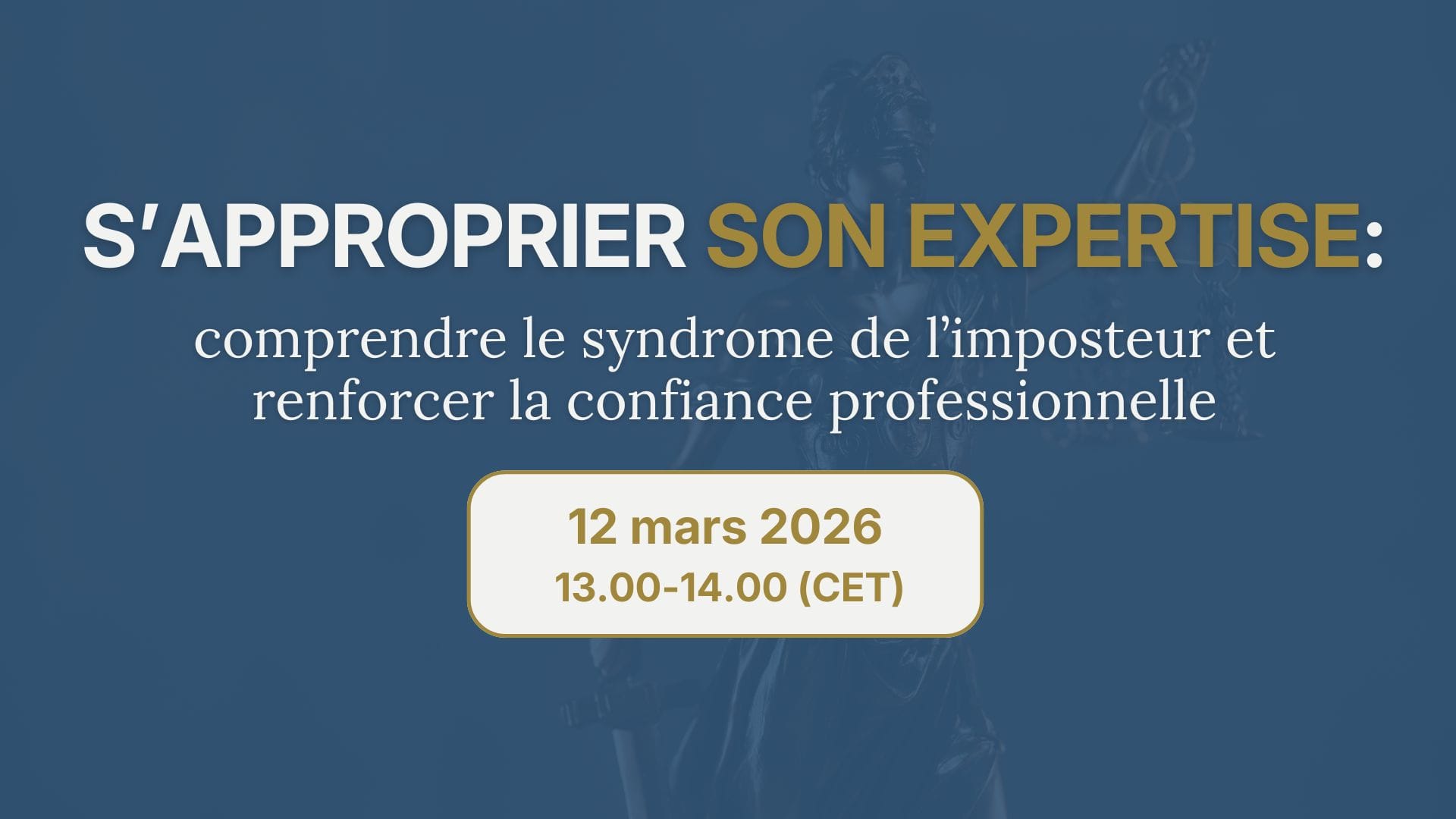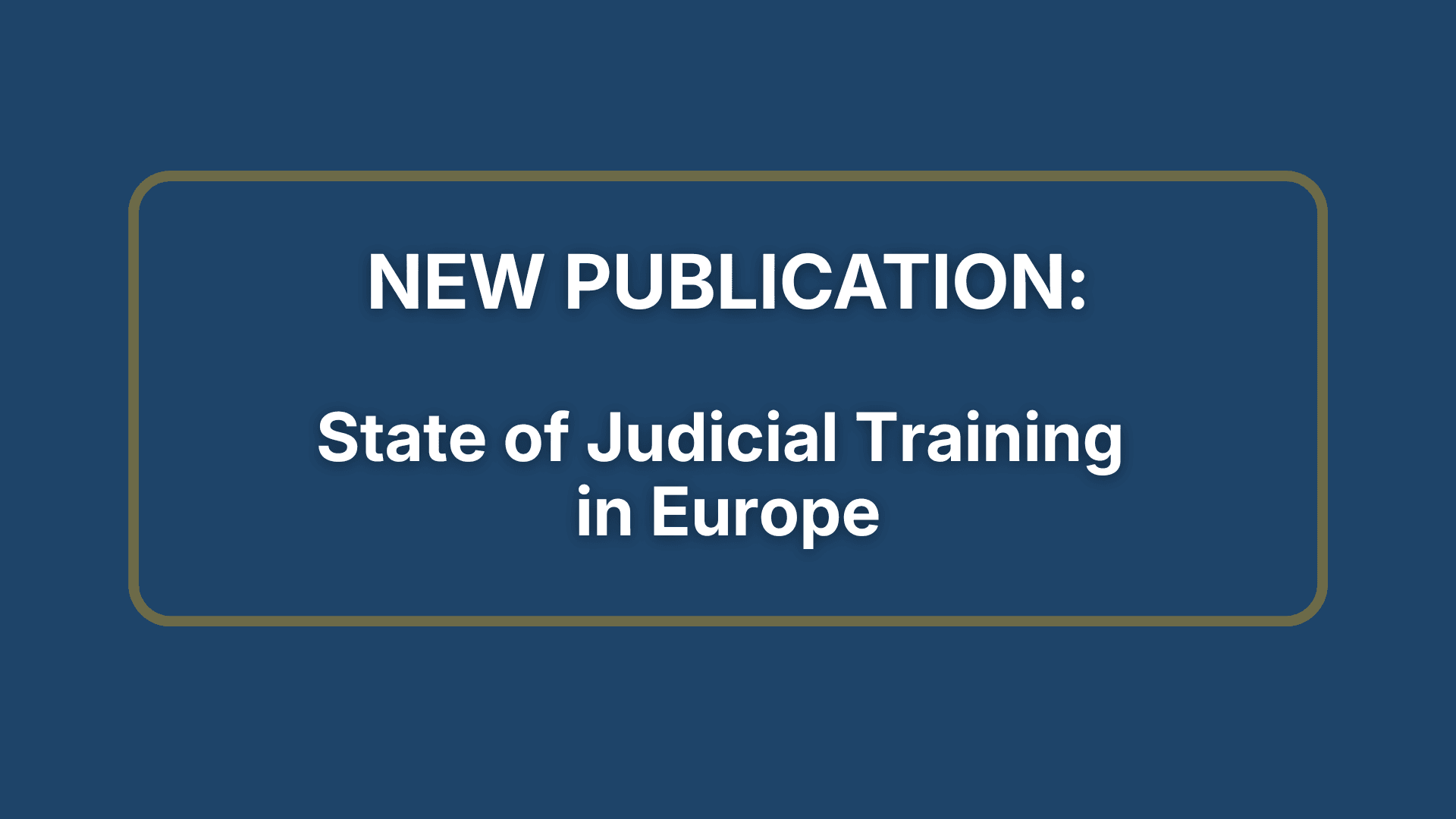The 2023 THEMIS Competition reached its end between 5 and 8 December 2023 at the National institute of Magistracy (NIM) in Bucharest, Romania, where the Grand Final was held.
The Grand Final featured eight teams: three from France, two from Italy, one from the Netherlands, and two from Romania. Each team presented excellent written reports, delivered outstanding presentations, and engaged in insightful Q&A sessions with both their peers and the esteemed Jury members.
Team ITALY emerged as the victorious one, showcasing outstanding performance with both their written report, which was very well structured and outlined the main legal issues raised by the case with full references to relevant case-law of European courts, and other oral submissions in a simulation of infringement proceedings before the CJEU in an environmental case. Mr Vincenzo RIGANTI and Ms Giulia TAVELLA, guided by tutor Ms Cristina Cilla, earned the top honour for their exceptional contributions.
Team FRANCE secured the second position. Besides their outstanding performance in the written report, they impressed the jury with their pleadings in a case concerning alleged discrimination in employment matters. That team was represented by Ms Louise BLUCHET, Ms Juliette PLOQUIN, Ms Gabrielle VIGNERON, under the mentorship of Ms Alexandra MOREAU.
Team NETHERLANDS, comprising Mr Jonathan RUFF and Mr Fabian VAN DE VEN, guided by tutor Ms Esther VAN DEN HEUVEL, ranked third thanks in particular to their pleading taking the European Commission’s position in the aforementioned environmental case before the CJEU.
The legal paper-based topic for the competition focused on a variety of issues related to the right to a fair trial and the non-discrimination principle (Art 47 and Art 21 of the EU Charter of Fundamental Rights), in the context of asylum.
Opening the event, Judge Octavia Spineanu, from the CJEU, addressed in particular the following message to the participants: “You will all be judges and prosecutors of your national systems, but also of the European Union. You will be the pillars of the common European judicial culture and of the mutual trust.”
Margreet BLAISSE, Chair of the EJTN Steering Committee and Director of the Dutch Training and Study Centre for the Judiciary (SSR), emphasized THEMIS’ role in fostering discussions on European law and promoting the exchange of experiences among the emerging generation of European judges and prosecutors. She declared: “As European judges we have a strong obligation to provide for the fundamental rights of the European citizens and to provide for stability based on the rule of law. That is what connects us. And for all people working in the Judiciary, whether old or young, whether experienced or just starting, holds that we have an obligation both legally and morally to contribute to a society where there principles are held high.”
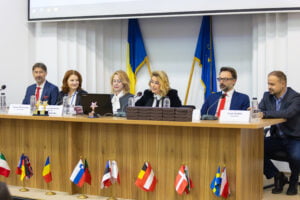
The panel of jurors, including Stanislas Adam (Référendaire at the cabinet of the President of the Court of Justice of the European Union, Professor at the University of Ghent), Judge Grzegorz Borkowski (Poland), Judge Hrvoje Miladin (Croatia), Judge Paulo Sérgio Pinto De Albuquerque (Portugal), and Matylda Pogorzelska (European Union Agency for Fundamental Rights) engaged in lively debates with the participants following their oral submissions.
Matylda Pogorzelska, Chair of the Jury, explained how privileged she felt being part of the jury for the Grand Final, highlighting the intellectual curiosity, professionalism, collegiality, and open-mindedness displayed by all eight teams. She acknowledged the competition’s focus on key ethical themes, expressing confidence in the capabilities of the talented and dedicated trainee judges and prosecutors to address complex issues facing judiciaries across the EU.
Ingrid Derveaux, EJTN’s Secretary General, emphasized the role of THEMIS competition in enhancing dialogue and friendship among promising EU Justice professionals. She praised the hard work of the jury members throughout the Grand Final, and expressed gratitude for their assessment of the written reports, review of presentations, and careful deliberation of each team’s performance. She stressed the importance of a dialogue between national judiciaries and the European Courts. “This dialogue is essential to strengthen the European area of Justice, and to support the Rule of Law”, she said. She congratulated all the teams for reaching this final round of THEMIS and expressed the wish to have more countries involved in the 2024 THEMIS Edition.
EJTN’s Secretary General expressed gratitude to the Romanian National institute of Magistracy and her Director, Judge Simona Marcu, for the perfect organisation and hosting of the Grand Final.
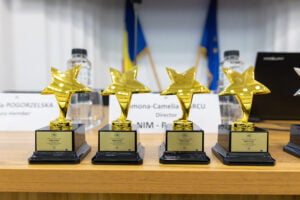
The THEMIS Competition serves as a platform for future magistrates from various EU countries undergoing entry-level training. It facilitates the sharing of common values, exchange of experiences, and discussions on areas of common interest. The competition focuses on EU and international law subjects, promoting exchanges, enhancing knowledge, encouraging critical thinking, and fostering professional networks. EJTN proudly supports the THEMIS Competition as it continues to provide a valuable skills-enhancing experience for future EU magistrates. Themis is an essential tool not only to stimulate excellence in judicial reasoning for future judges and prosecutors in the EU, but also to create ties among them and thus contribute to building up a common European judicial culture.
The winning team will be rewarded with a study visit in the country/institution of their choice in 2024.
Note for editors
EJTN has organised the highly acclaimed THEMIS Competition annually since 2010. Between 2006 and 2009, the event was organised and financed by the Portuguese Centre of Judiciary Studies and the National Institute of Magistracy of Romania.
This activity is open to future EU magistrates undergoing entry-level training and provides a platform for debating EU law, practising judicial skills, and exchanging experiences and perspectives.
The event is composed by four semi-final and a grand final. During the semi-final, the teams must deliver a written paper on a topic of their choice, then give a 30-minute presentation, reply to audience questions and participate in a 45-minute discussion with the jury.
The best-written papers are published in the THEMIS Annual Journal.
The 2023 THEMIS Competition consisted of four semi-finals:
- Semi-final A: EU and European criminal procedure: 16-19 May, Budapest, Hungary
- Semi-final B: EU and European family law: 6-9 June 2023, Naples, Italy
- Semi-final C: EU and European civil procedure: 14-16 June 2023, Budapest, Hungary
- Semi-final D: Judicial ethics and professional conduct: 3-7 July 2023, Krakow, Poland
The winner and runner-up of each semi-final qualified for the grand final on Access to Justice, which was held in Bucharest.
The competition winners are awarded a 5-day study visit hosted by an EJTN Member of their choice.

